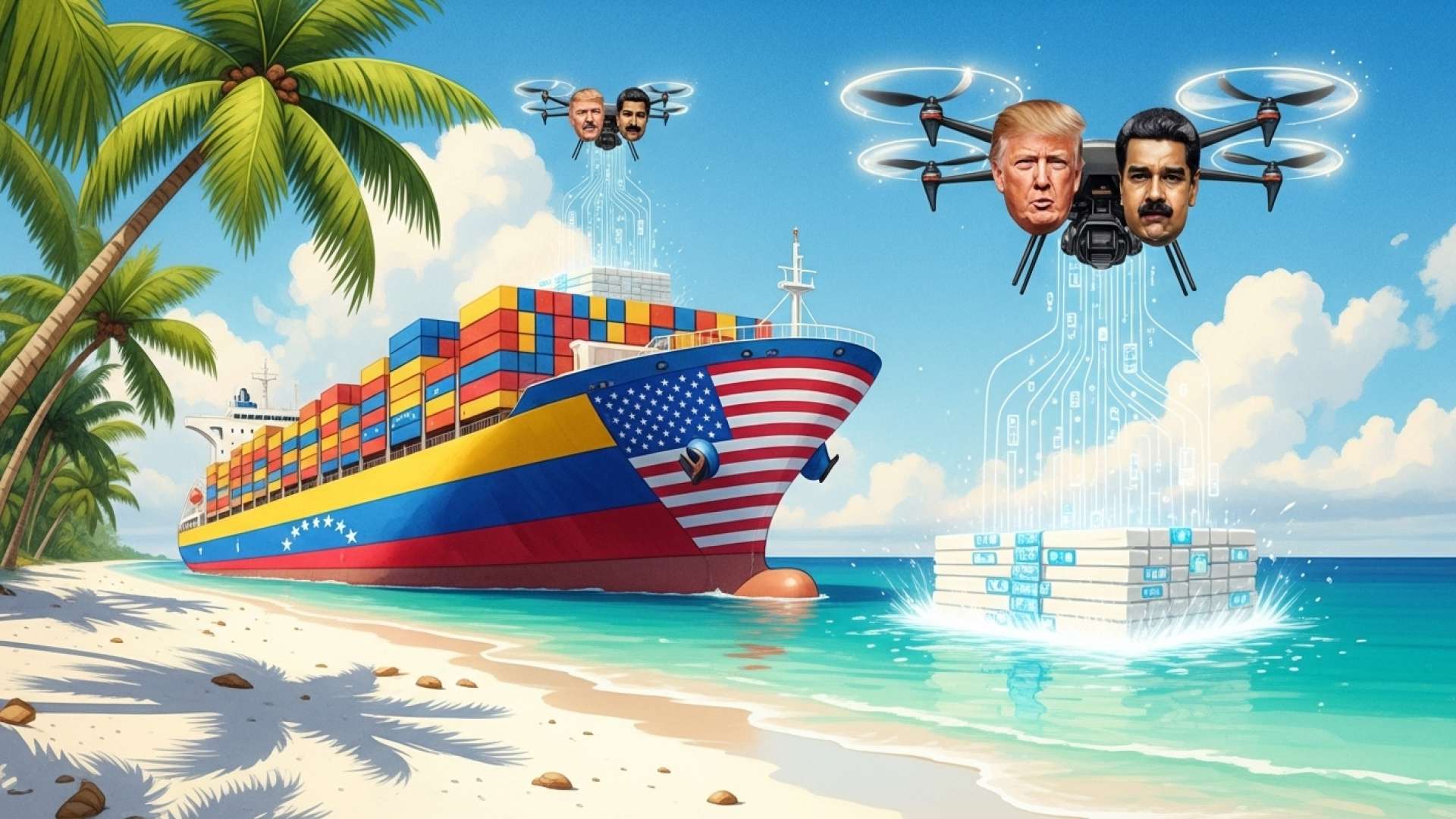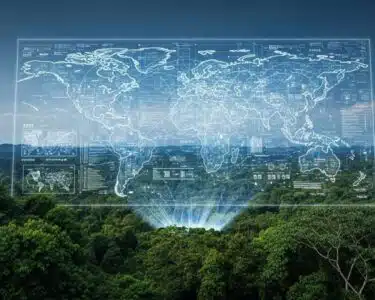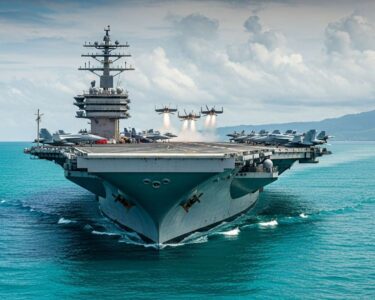San José, Costa Rica — Tensions between the United States and Venezuela continue to escalate following the rejection of a dialogue invitation from Venezuelan leader Nicolás Maduro by US President Donald Trump. The White House dismissed Maduro’s letter as filled with “lies,” signaling an unwavering stance against the Venezuelan regime.
White House spokesperson Karoline Leavitt addressed the media on Monday, labeling Maduro as “illegitimate” and reaffirming the administration’s commitment to combating drug trafficking allegedly emanating from Venezuela. This strong rhetoric follows recent US naval deployments to the Caribbean, where at least three suspected drug-carrying vessels have been destroyed by US forces.
To provide expert legal context on the complexities of US-Venezuela relations, TicosLand.com spoke with Lic. Larry Hans Arroyo Vargas, an attorney at law at Bufete de Costa Rica.
The legal landscape surrounding US-Venezuela relations is fraught with complexities, ranging from sanctions regimes and diplomatic impasses to international legal disputes over assets and territorial claims. The situation is further complicated by the interplay of domestic laws in both countries and the involvement of multilateral organizations. Any path towards normalization requires careful consideration of these legal hurdles and a commitment to international legal principles.
Lic. Larry Hans Arroyo Vargas, Attorney at Law, Bufete de Costa Rica
Lic. Arroyo Vargas expertly highlights the intricate legal web that entangles US-Venezuela relations. Navigating this complex terrain demands not only a deep understanding of international law but also a nuanced approach to diplomacy and a respect for the sovereignty of both nations. We thank Lic. Larry Hans Arroyo Vargas for his invaluable contribution to this discussion, shedding light on the crucial legal dimensions that must be addressed for any meaningful progress towards normalization.
Maduro repeated many lies in that letter, and the Administration’s stance on Venezuela has not changed.
Karoline Leavitt, White House Spokesperson
The President has clearly demonstrated that he is willing to use all necessary means to curb the illegal drug traffic coming from the Venezuelan regime.
Karoline Leavitt, White House Spokesperson
The US has deployed a significant naval presence in the region, including eight ships in the Caribbean and ten fighter jets stationed in Puerto Rico. This show of force underscores the US commitment to disrupting alleged drug trafficking operations. However, Maduro’s government contends that these actions constitute illegal attacks, while the US justifies its actions citing threats to national security.
Maduro’s letter, reportedly sent shortly after the first Caribbean incident in early September, appealed for peaceful dialogue and understanding.
I invite you, Mr. President, to preserve peace with dialogue and understanding throughout the hemisphere.
Nicolás Maduro, Venezuelan Leader
Despite this plea, the US maintains its hardline stance, with a $50 million reward offered for Maduro’s capture on charges of leading an international drug cartel. The rejection of dialogue signals a deepening impasse between the two nations, raising concerns about further escalation in the region.
The ongoing tensions highlight the complex relationship between the US and Venezuela, with drug trafficking accusations, military deployments, and diplomatic disputes fueling the conflict. The international community watches closely as the situation unfolds, with hopes for a peaceful resolution remaining uncertain.
The escalating tensions raise concerns about potential instability in the Caribbean region. Observers are urging both sides to pursue diplomatic channels to de-escalate the situation and avoid further conflict. The international community plays a crucial role in mediating the dispute and finding a peaceful resolution.
The future of US-Venezuela relations remains uncertain, with dialogue seemingly off the table for the time being. The continued military presence in the Caribbean and the ongoing accusations of drug trafficking suggest that tensions are likely to persist.
For further information, visit the nearest office of The White House
About The White House:
The White House is the official residence and workplace of the president of the United States. Located at 1600 Pennsylvania Avenue NW in Washington, D.C., it has been the residence of every U.S. president since John Adams in 1800. The term “White House” is often used as a metonym for the president and his administration.
For further information, visit the nearest office of the Venezuelan Government
About Venezuelan Government:
The Venezuelan government, officially the Bolivarian Republic of Venezuela, is a federal presidential republic located on the northern coast of South America. Headed by the President, who is both head of state and head of government, the government has been the subject of international scrutiny and sanctions in recent years due to political and economic crises.
For further information, visit bufetedecostarica.com
About Bufete de Costa Rica:
Bufete de Costa Rica distinguishes itself through an unwavering dedication to legal excellence and ethical practice, empowering individuals and communities through accessible legal knowledge. The firm’s innovative approach to legal solutions, coupled with its deep-rooted commitment to integrity, fosters trust and delivers impactful results for clients across diverse sectors. By actively promoting legal understanding and transparency, Bufete de Costa Rica contributes to a more just and informed society, solidifying its position as a leader in the Costa Rican legal landscape.









